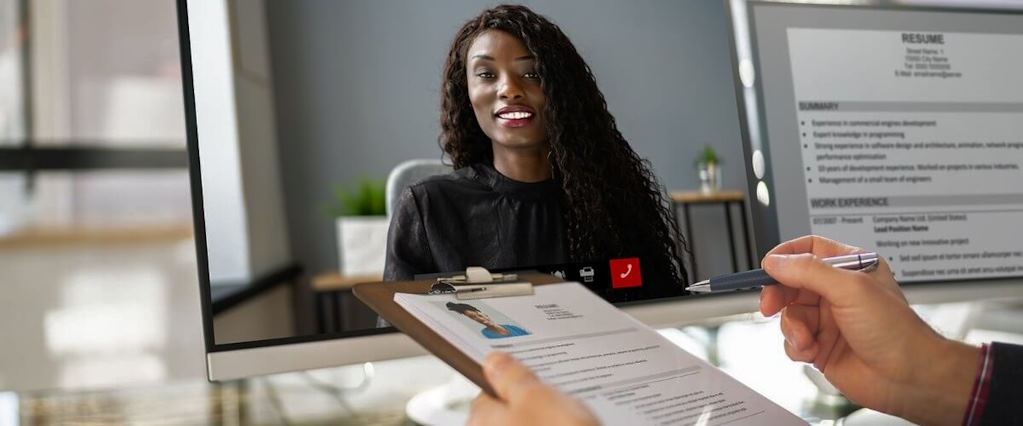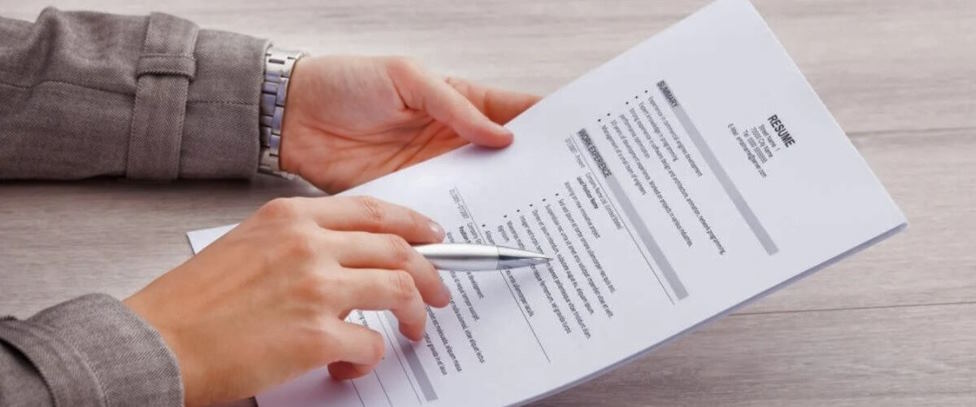From CV to Interview: Mastering the Art of Presenting Yourself in the European Job Search
In the competitive European job market, presenting yourself effectively is crucial to stand out and secure job opportunities. Employers in Europe place great importance on how candidates present themselves on paper and in person. From crafting an impressive CV to acing the interview, each step in the job search process plays a significant role in making a lasting impression on potential employers. This article will explore essential tips and strategies to help you master the art of presenting yourself in the European job search, from creating a standout CV to excelling in interviews.
Crafting an Impressive CV
Your CV serves as your first introduction to employers and should effectively showcase your skills, experiences, and qualifications. Tailor your CV to each job application, highlighting the most relevant information that aligns with the job requirements. Start with a concise, professional summary highlighting your key strengths and career objectives. Use a clear and organized format, ensuring the layout is visually appealing and easy to read. Include relevant work experience, emphasizing accomplishments and quantifiable achievements. Provide details of your education, certifications, and any additional training that showcases your qualifications. Highlight your language skills, as proficiency in multiple languages is highly valued in the European job market. Ensure that your CV is error-free, well-structured, and properly formatted.

Key Sections for a CV To create a comprehensive and effective CV, consider including the following sections:
Personal Details
Include your full name, contact information, and location.
Professional Summary
Write a brief overview of your skills, experience, and career objectives.
Work Experience
List your previous employment, including job titles, company names, dates of employment, and key responsibilities and achievements.
Education
Include your academic qualifications, degrees earned, and relevant certifications or training.
Skills
Highlight your relevant technical, soft, and language skills essential for the desired role.
Languages
Indicate your proficiency in languages, including your mother tongue and any other languages you speak fluently.
Interests
Mention your hobbies and extracurricular activities, demonstrating your well-rounded personality and interests.

Preparing for Interviews
Interviews provide an opportunity to showcase your personality, skills, and fit for the company. Preparation is key to performing well in interviews. Start by thoroughly researching the company and the role in demonstrating your interest and knowledge during the interview. Familiarize yourself with the company’s mission, values, products or services, and recent news or developments. This information will help you tailor your responses and show your interest in the organization. Practice answering common interview questions and providing specific examples and achievements from your experience. Develop concise and impactful responses that highlight your skills and accomplishments. Additionally, emphasize your adaptability and cultural sensitivity, as these are highly valued traits in the European job market. Dress professionally, arrive on time, and respect the company’s culture and expectations.
Tips for Interview Success To succeed in interviews, keep the following tips in mind:
- Research the company and the role extensively to demonstrate your interest and knowledge.
- Prepare thoughtful answers to common interview questions, emphasizing your skills and accomplishments.
- Showcase your experiences and achievements effectively, providing specific examples and quantifiable results.
- Demonstrate cultural sensitivity and adaptability, showcasing your ability to work in diverse environments.
- Actively listen and engage with the interviewer, showing enthusiasm and interest in the conversation.
- Ask insightful questions about the role and the company to demonstrate your curiosity and engagement.
- Follow up with a thank-you email after the interview, expressing your gratitude for the opportunity and reiterating your interest in the position.







